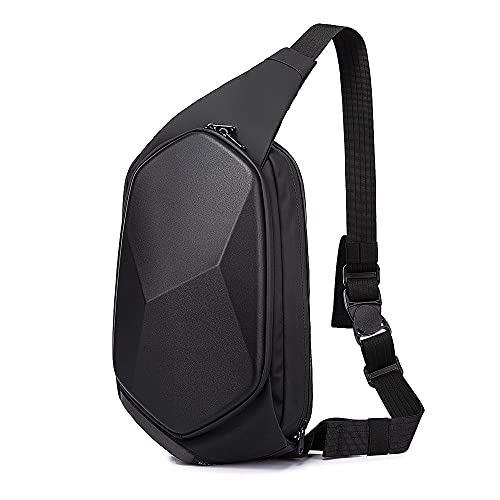Since I started this mess of a thread, I guess it's ok if I help it drift a bit.
Along the same lines as intarwebs ray-dee-oh is a web site called Pandora that I've played with. It let's you input a music selection or more and it forms a "station". It then goes out and tries to find other music to stream to you that is similar. As they pop up on your computer you can give the selections a thumbs up (yeah I like that) or thumbs down, in which case it aborts playing that song and looks for more that you will like.
Supposedly the thing learns from your inputs and after a while you have a "playlist" of sorts, except that there is no list, it just grabs music in the same genre. You can have multiple stations configured in your free account.
I have an RCA Lyra wireless transmitter connected to my desktop PC and 2 wireless receivers attached to entertainment centers in two rooms in my house (Living room and Family room). I can set the thing playing the same music all over the house, never listen to an advertisement, and it's like I was picking the music!!
It's tres cool...
https://www.pandora.com/
edit: I forgot to mention they will intersperse innocuous ads on the free version every so many songs. Subscriptions get no ads.



















































